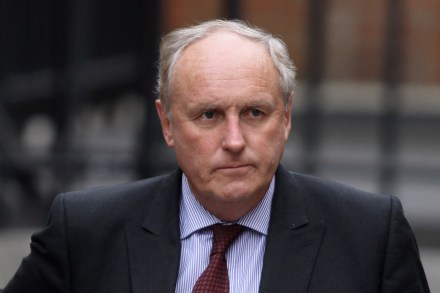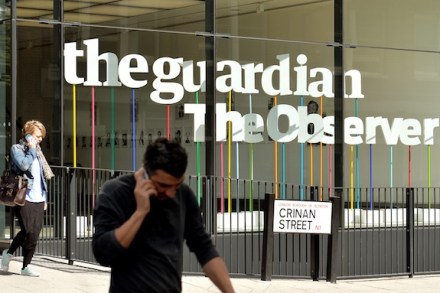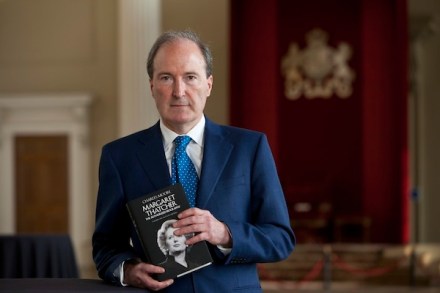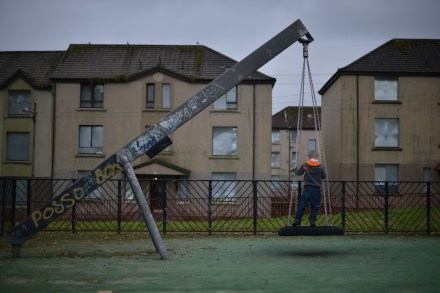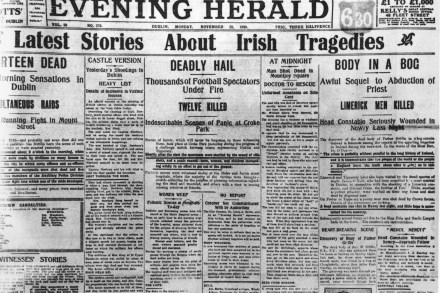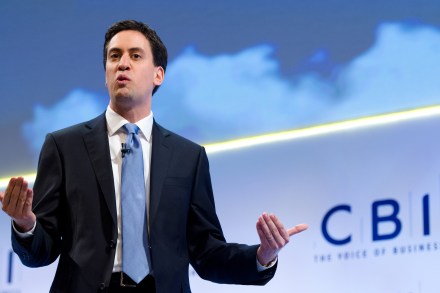William Astor: My father, his swimming pool and the Profumo scandal
[audioplayer src=”http://traffic.libsyn.com/spectator/TheViewFrom22_9_January_2014_v4.mp3″ title=”Richard Davenport-Hines discusses the Profumo affair’s enduring appeal”] Listen [/audioplayer]Christine Keeler and Jack Profumo might never have met in the swimming pool at Cliveden if it had not been for a filly called Ambiguity. As children, growing up at Cliveden, we all swam in the Thames. In the summer, the river was cold, dark and full of sludge, but my grandmother Nancy Astor, a devout Christian Scientist, thought it good for us. Then Ambiguity, my father’s filly, won the Oaks and with the prize money a heated swimming pool was built — and the rest, as they say, is history. Or Andrew Lloyd Webber’s theatrical version of history,



